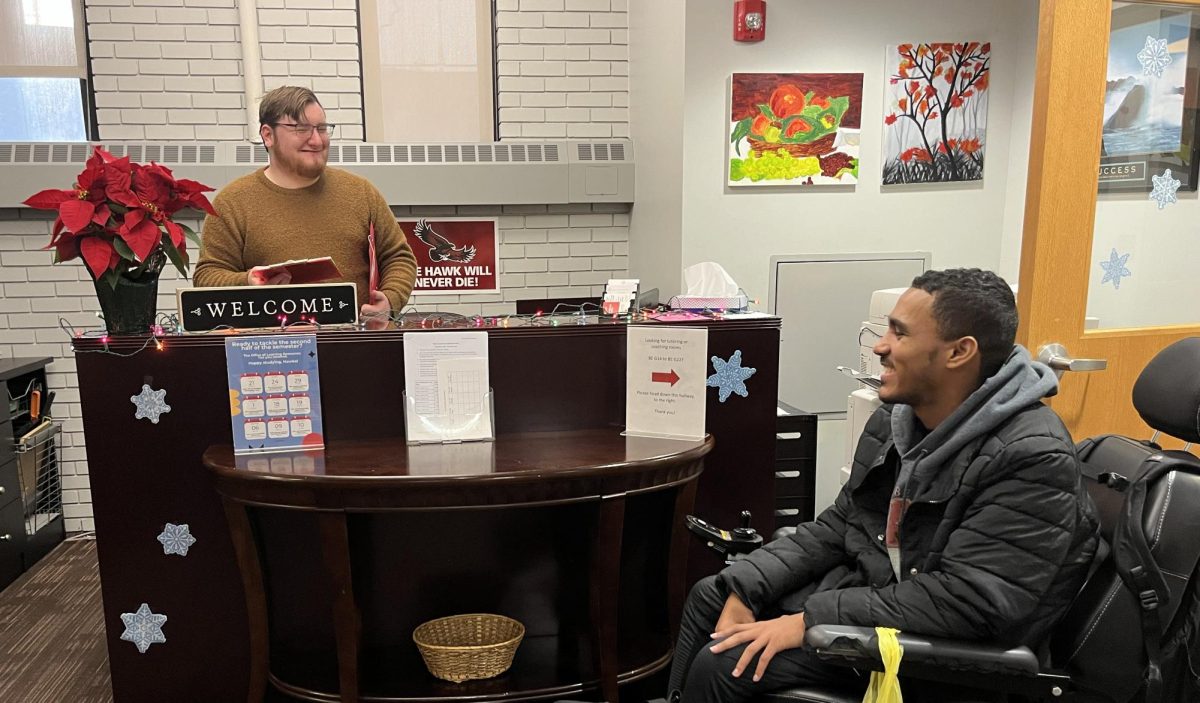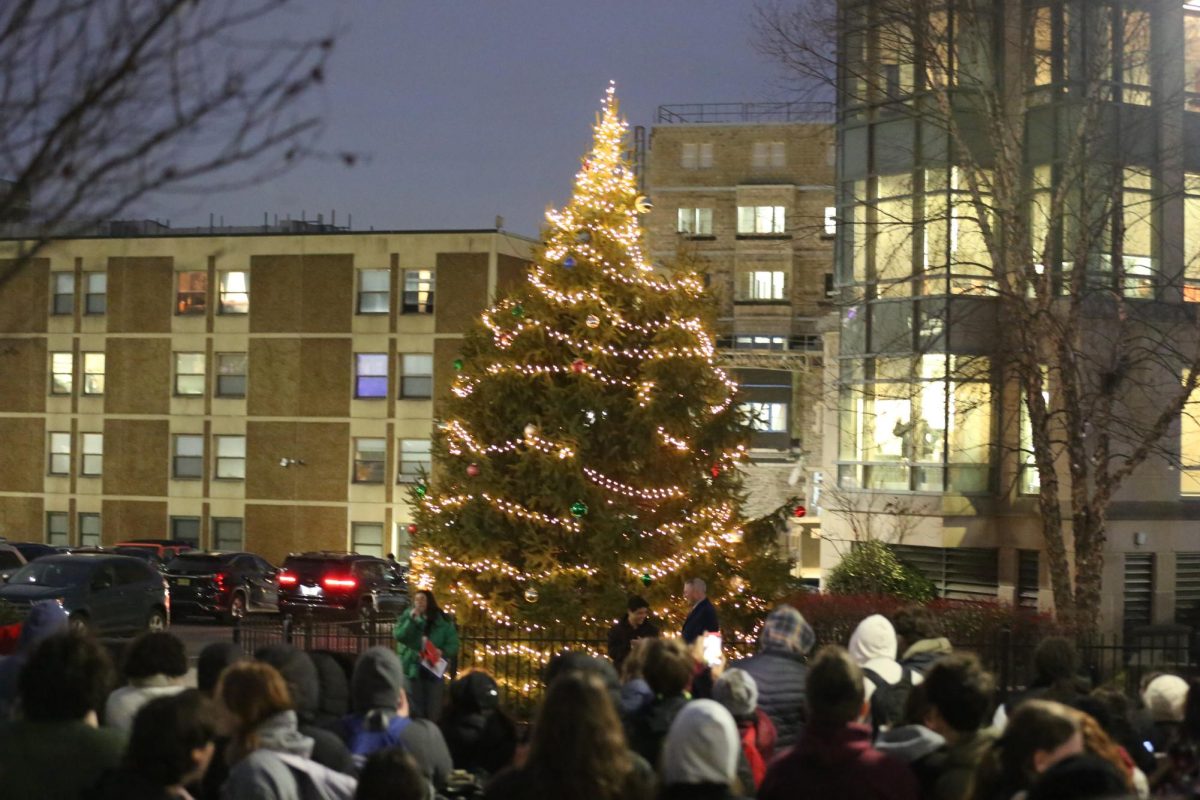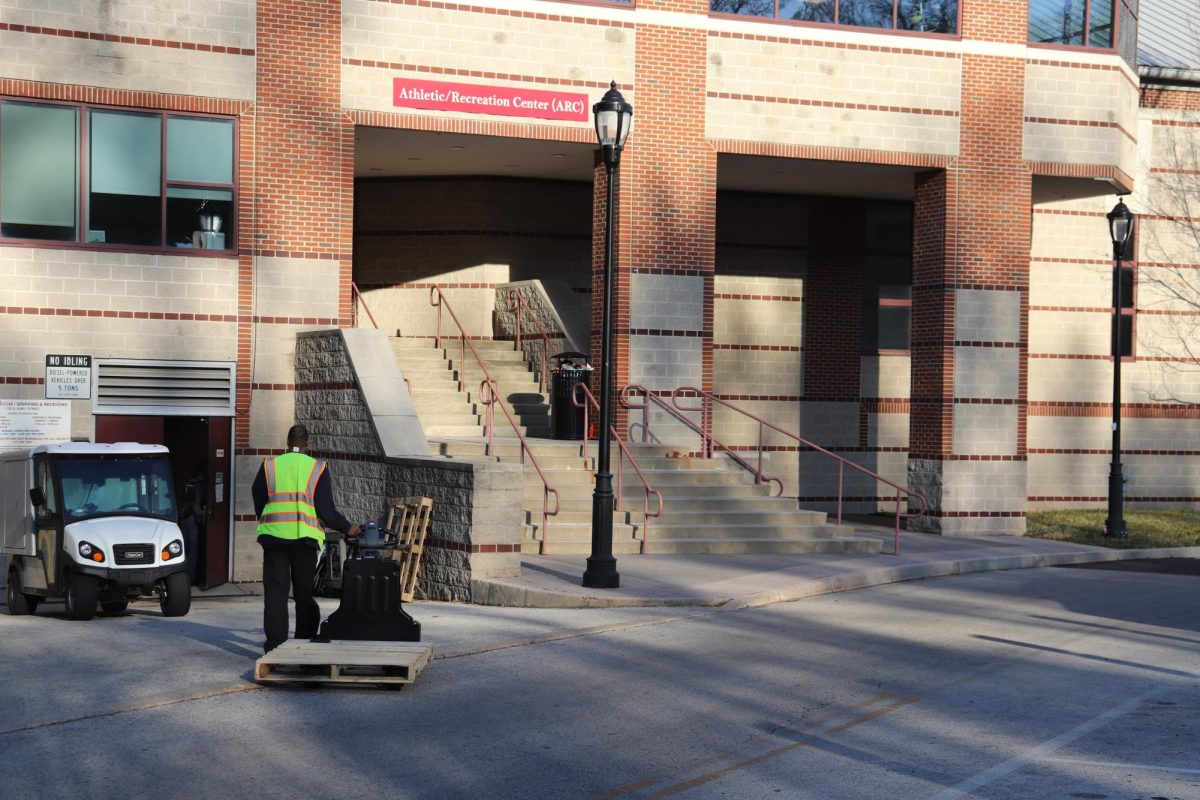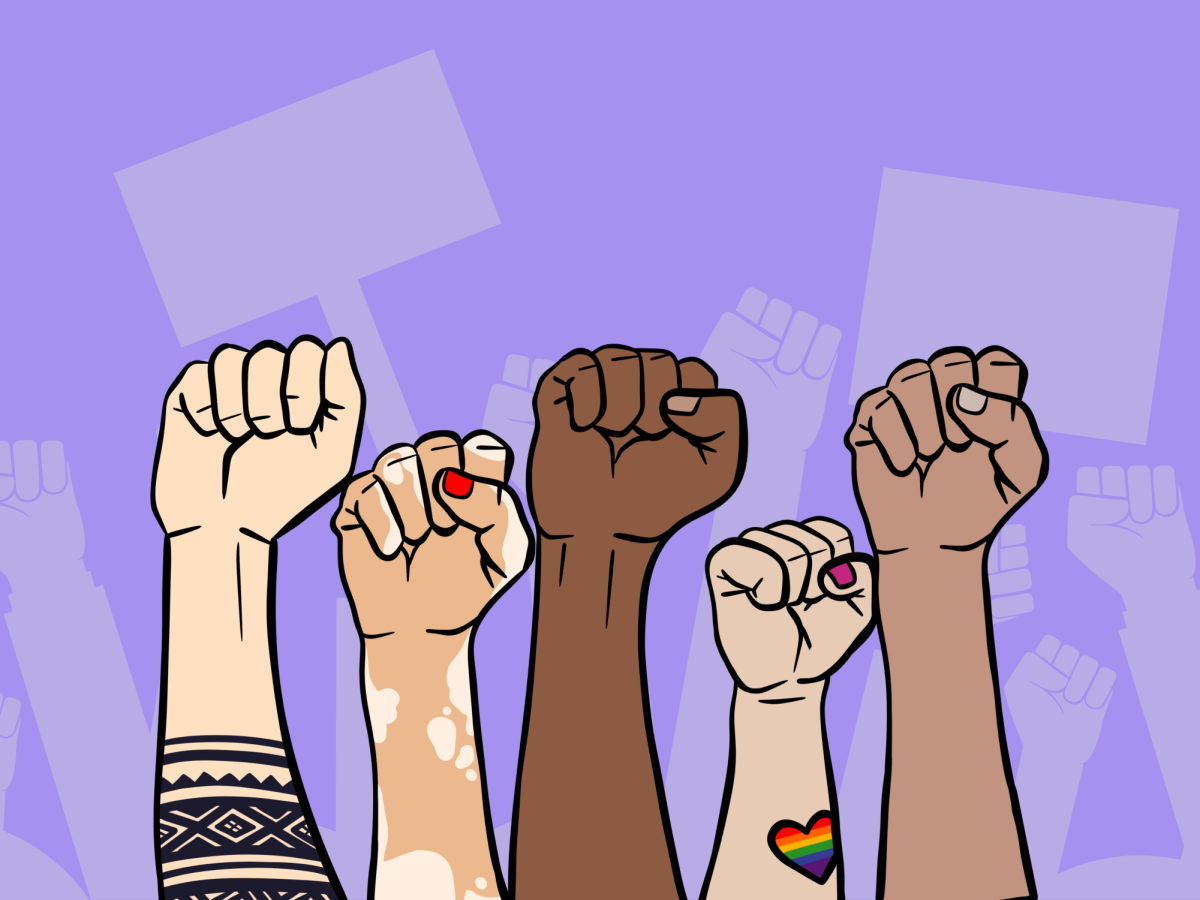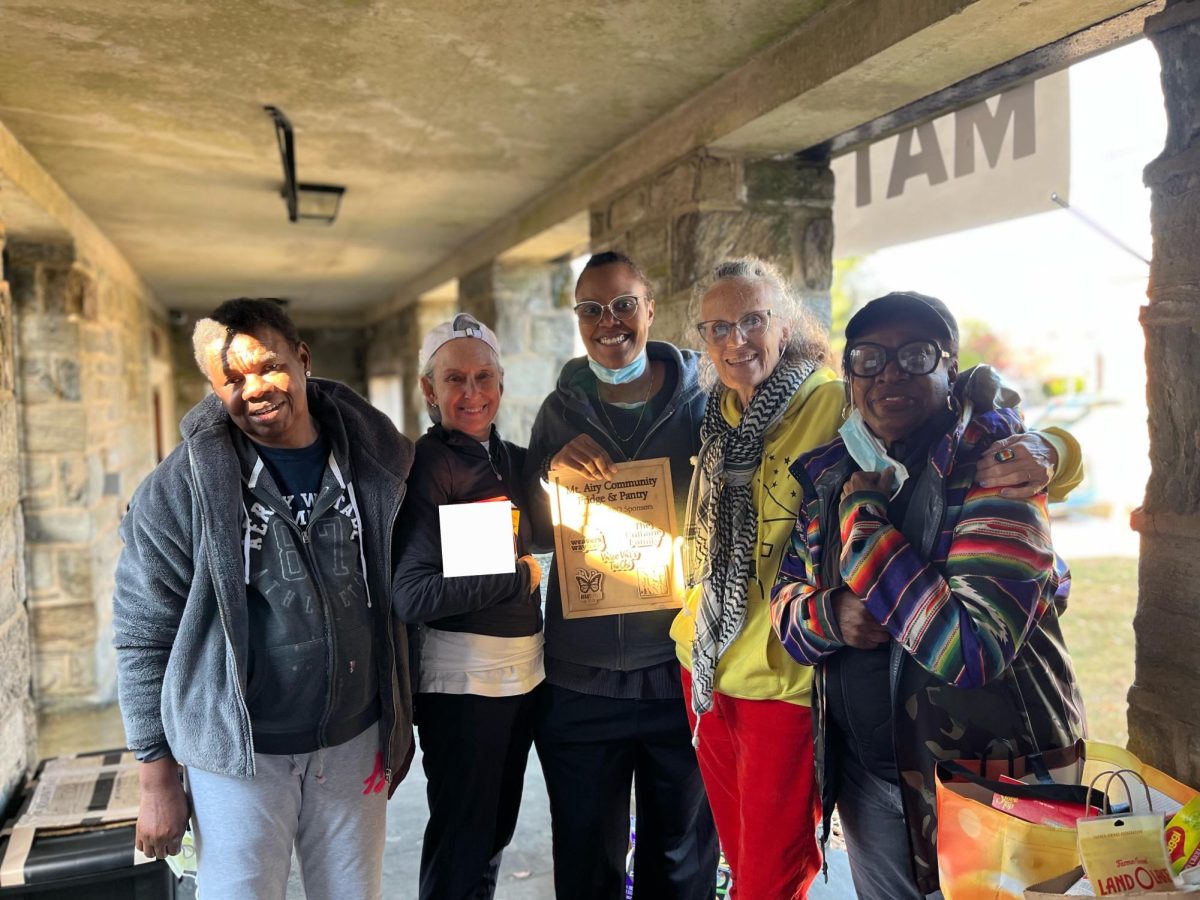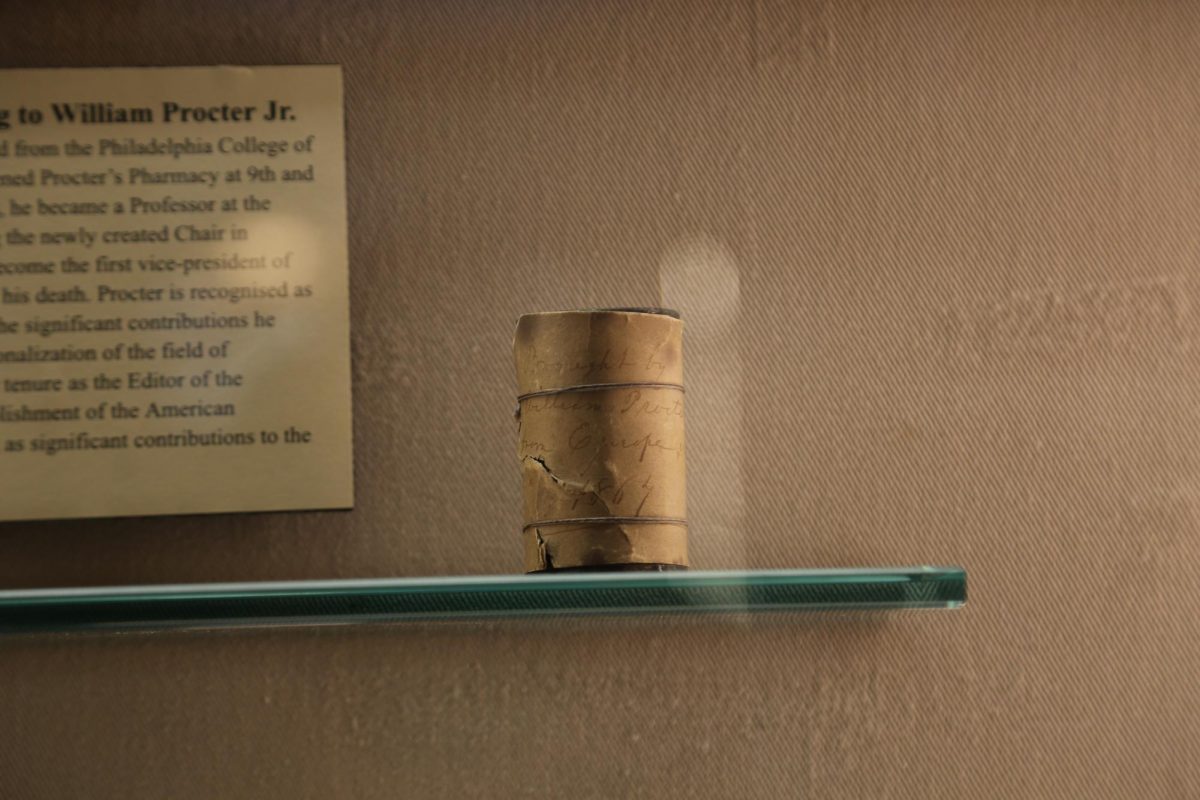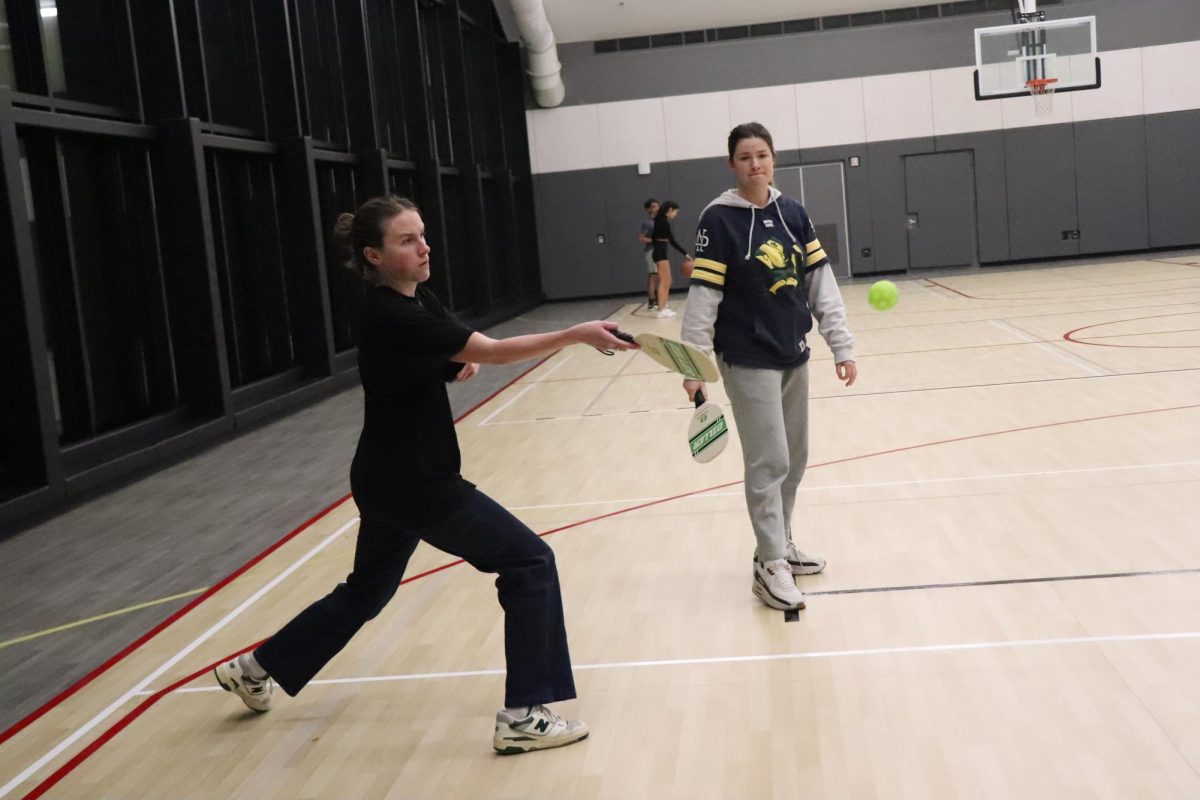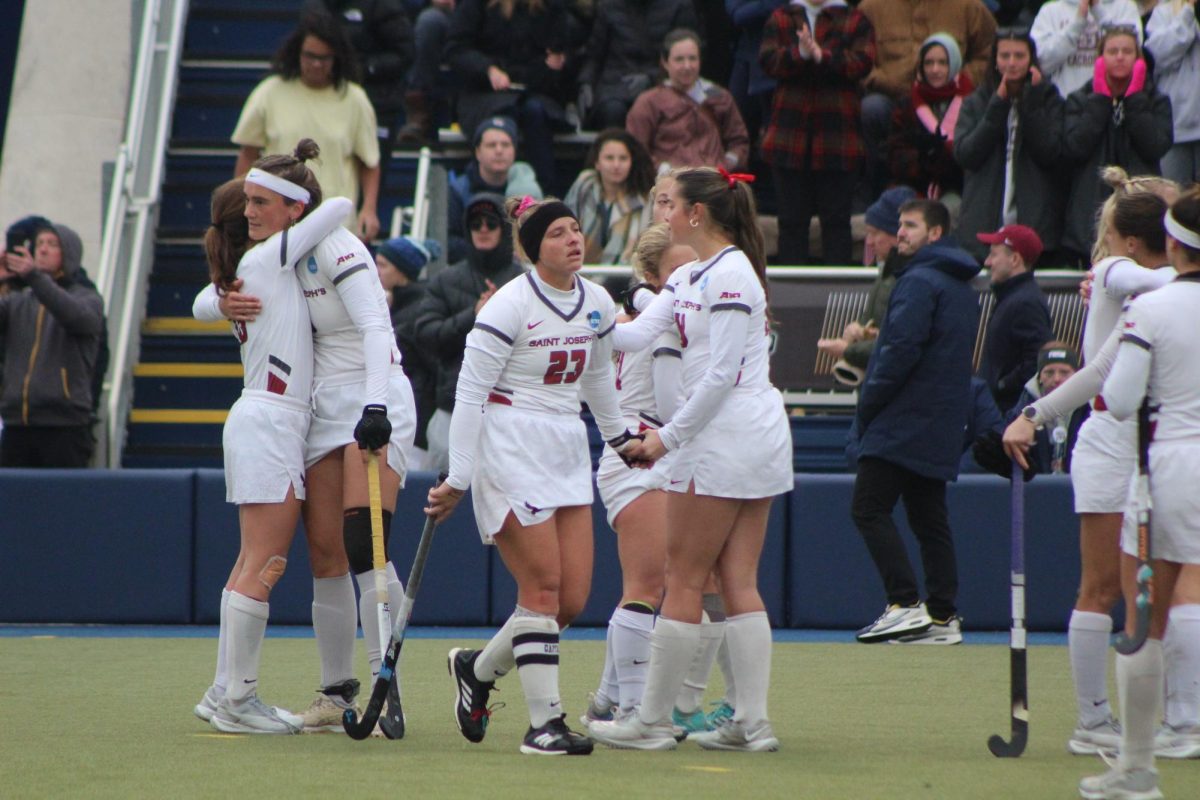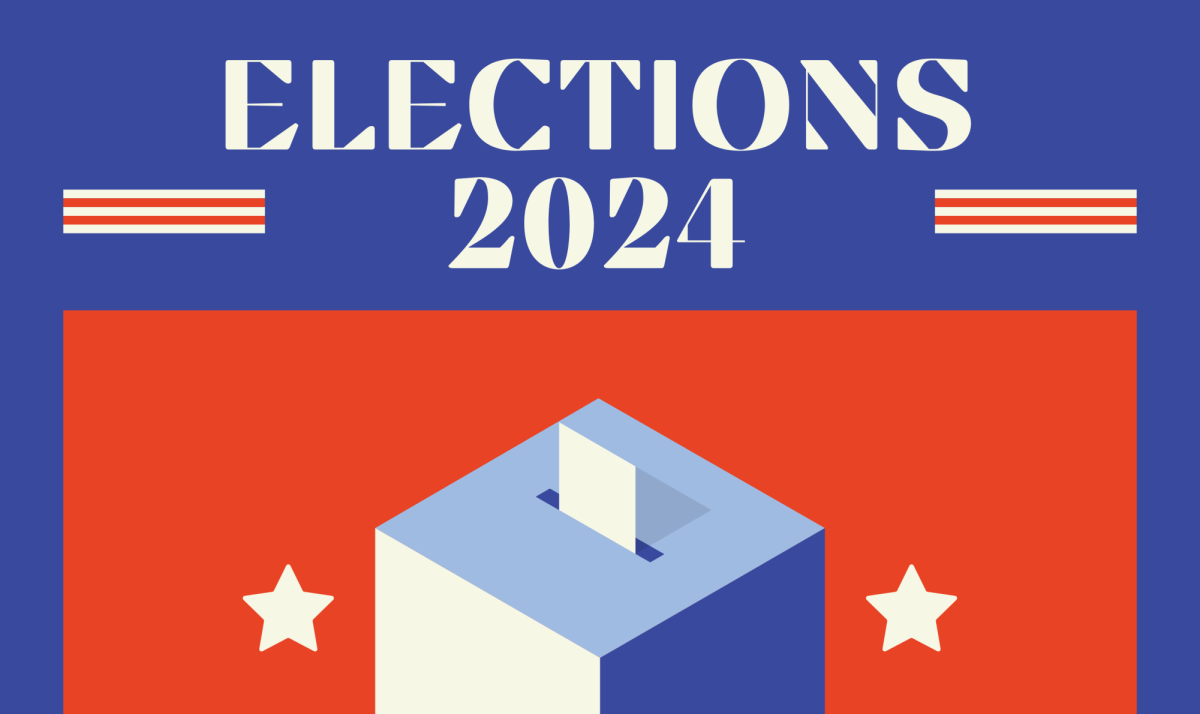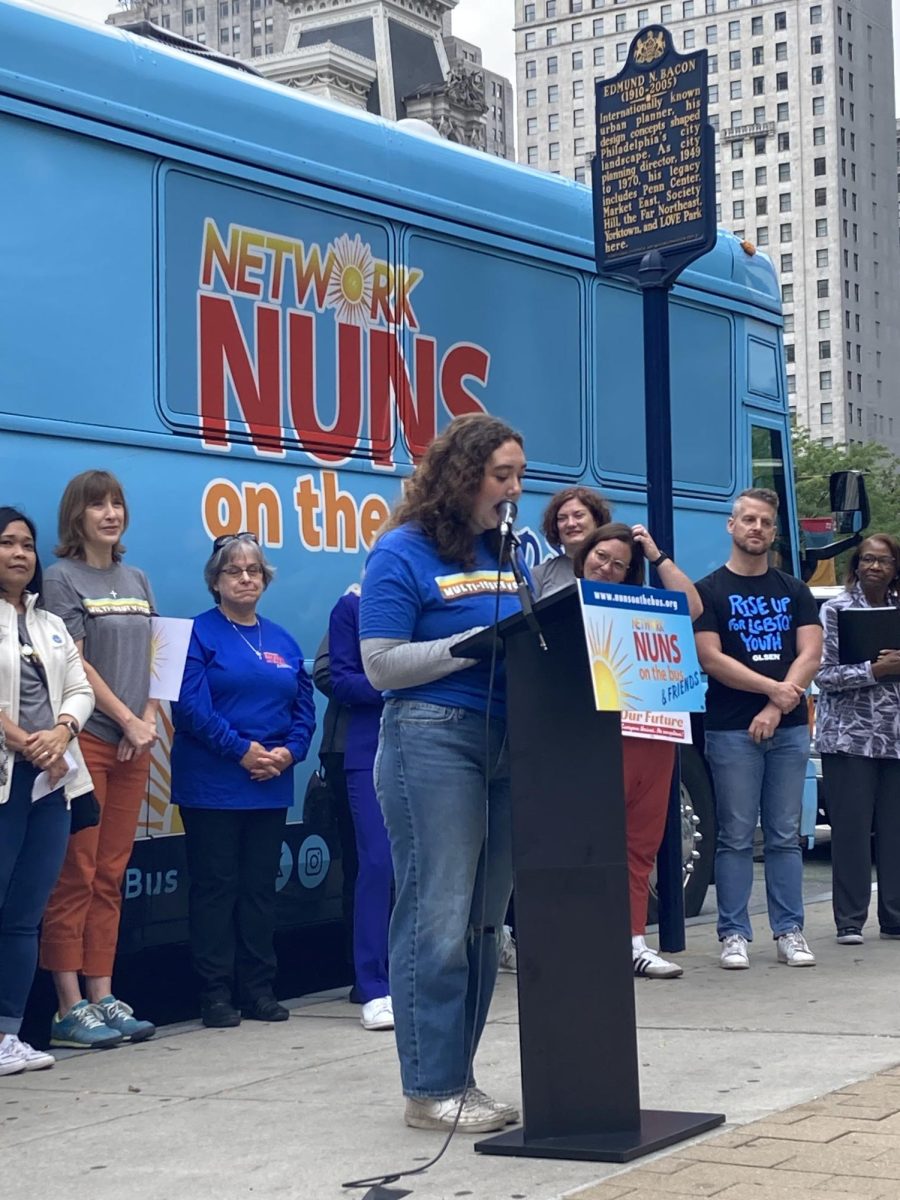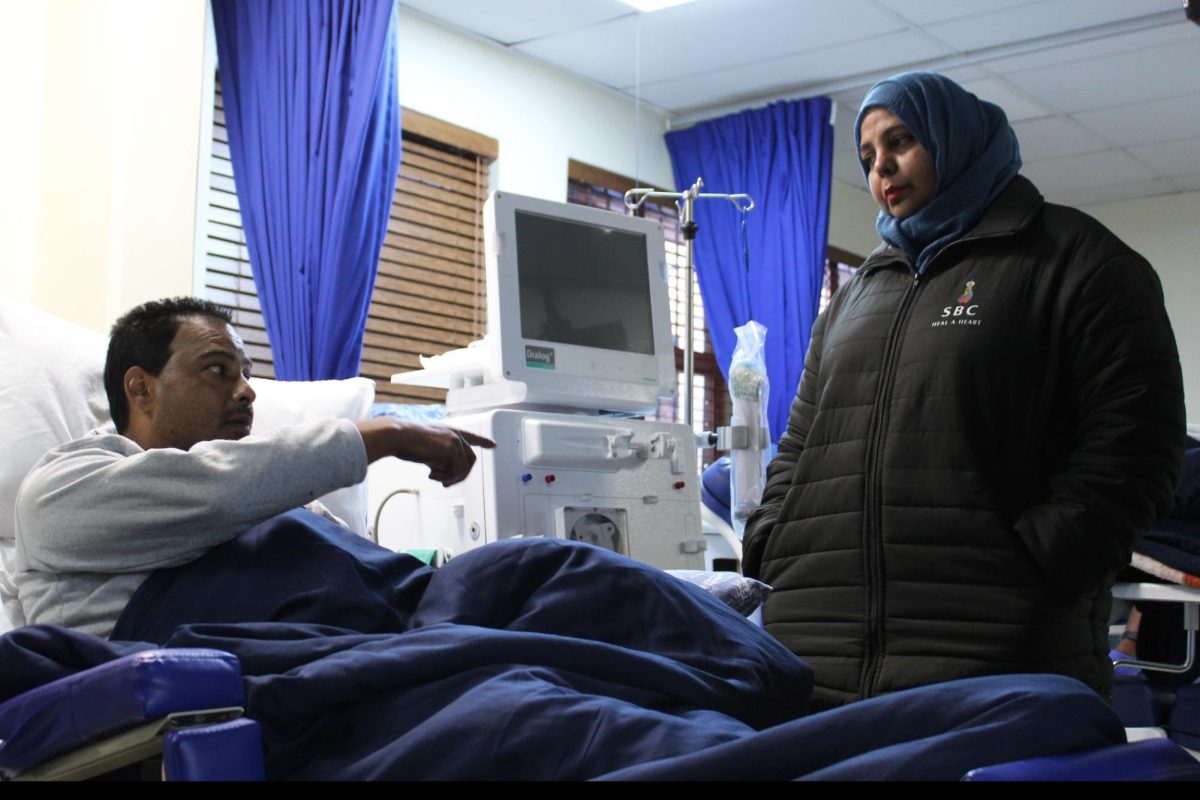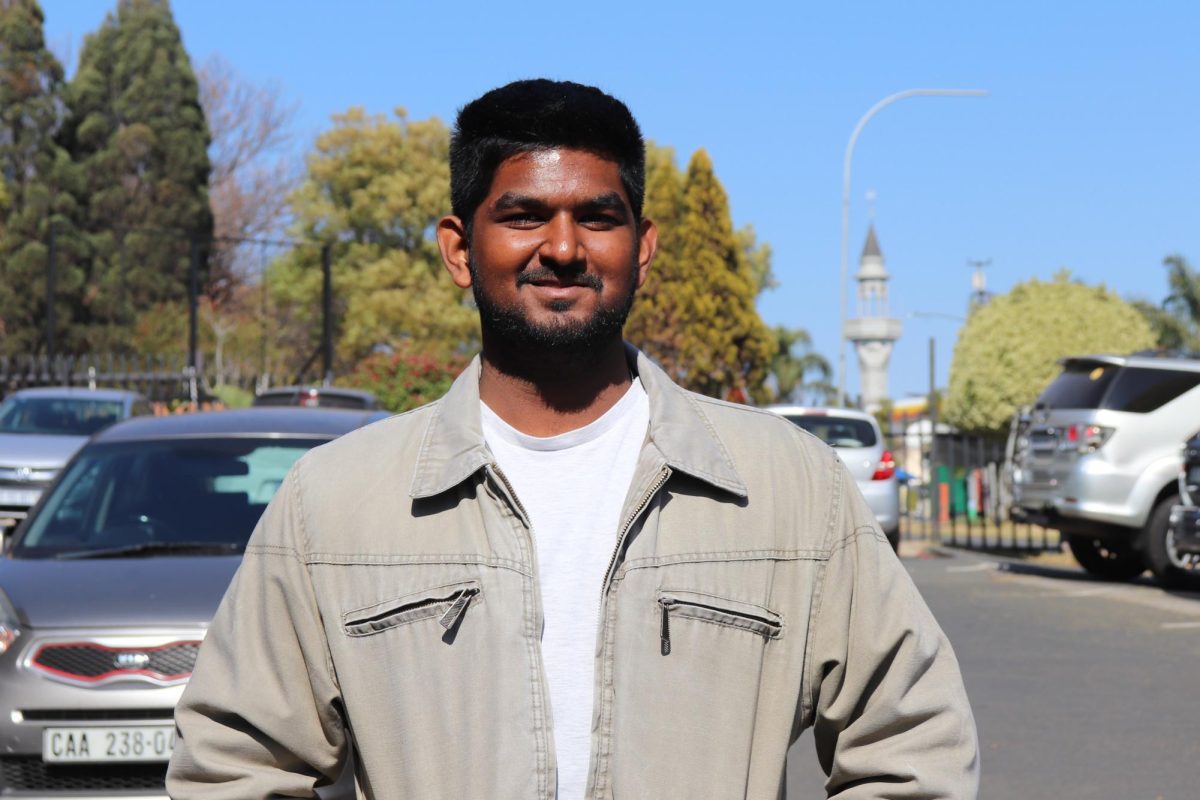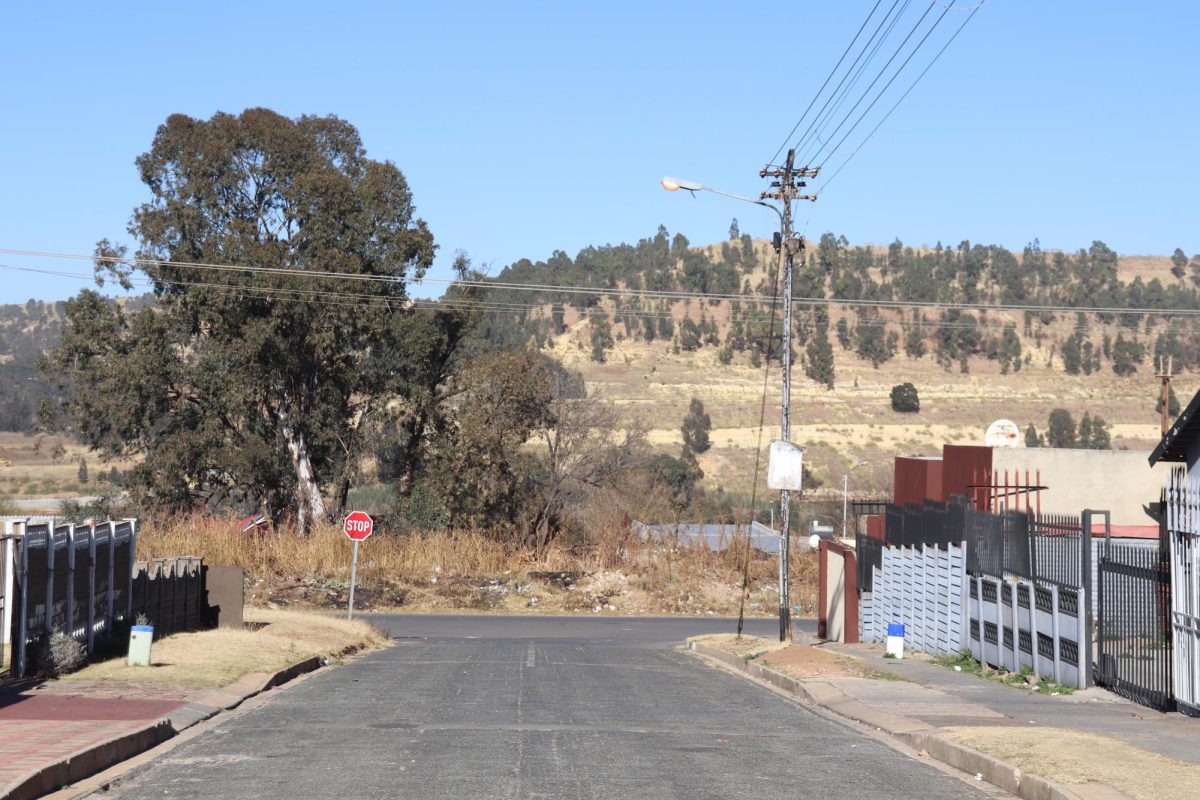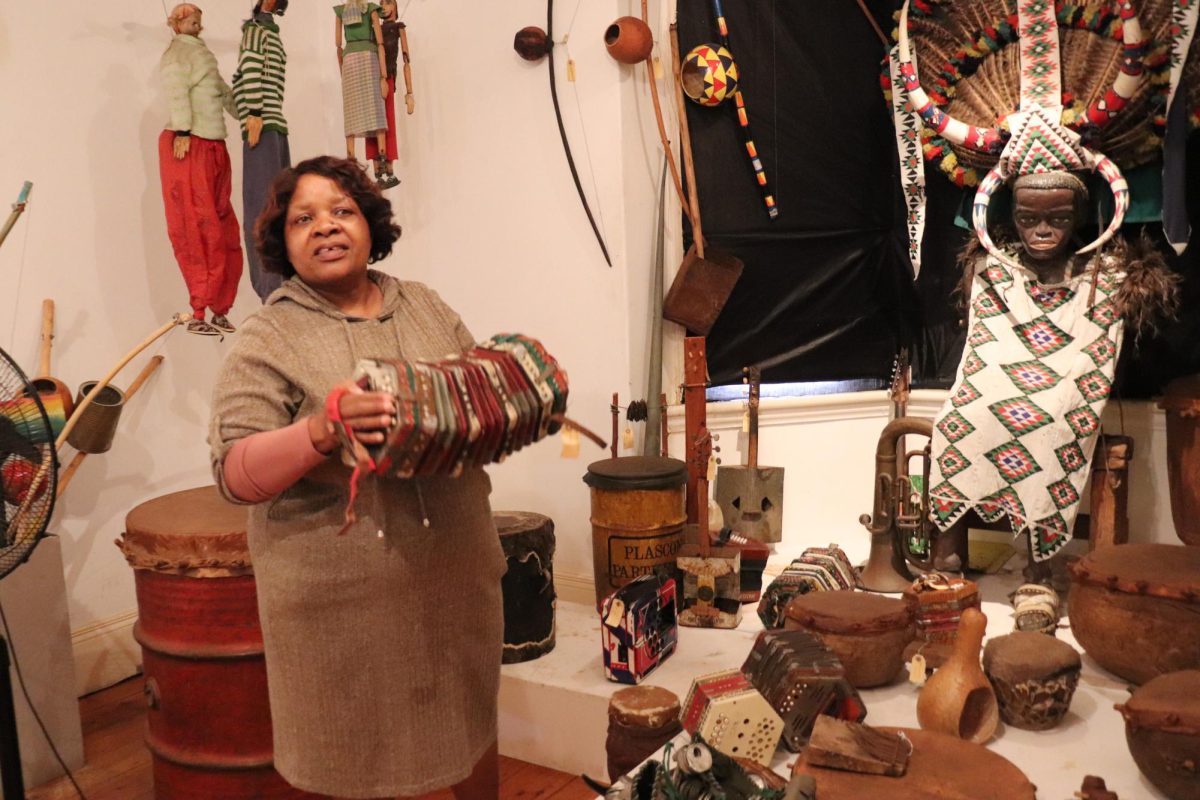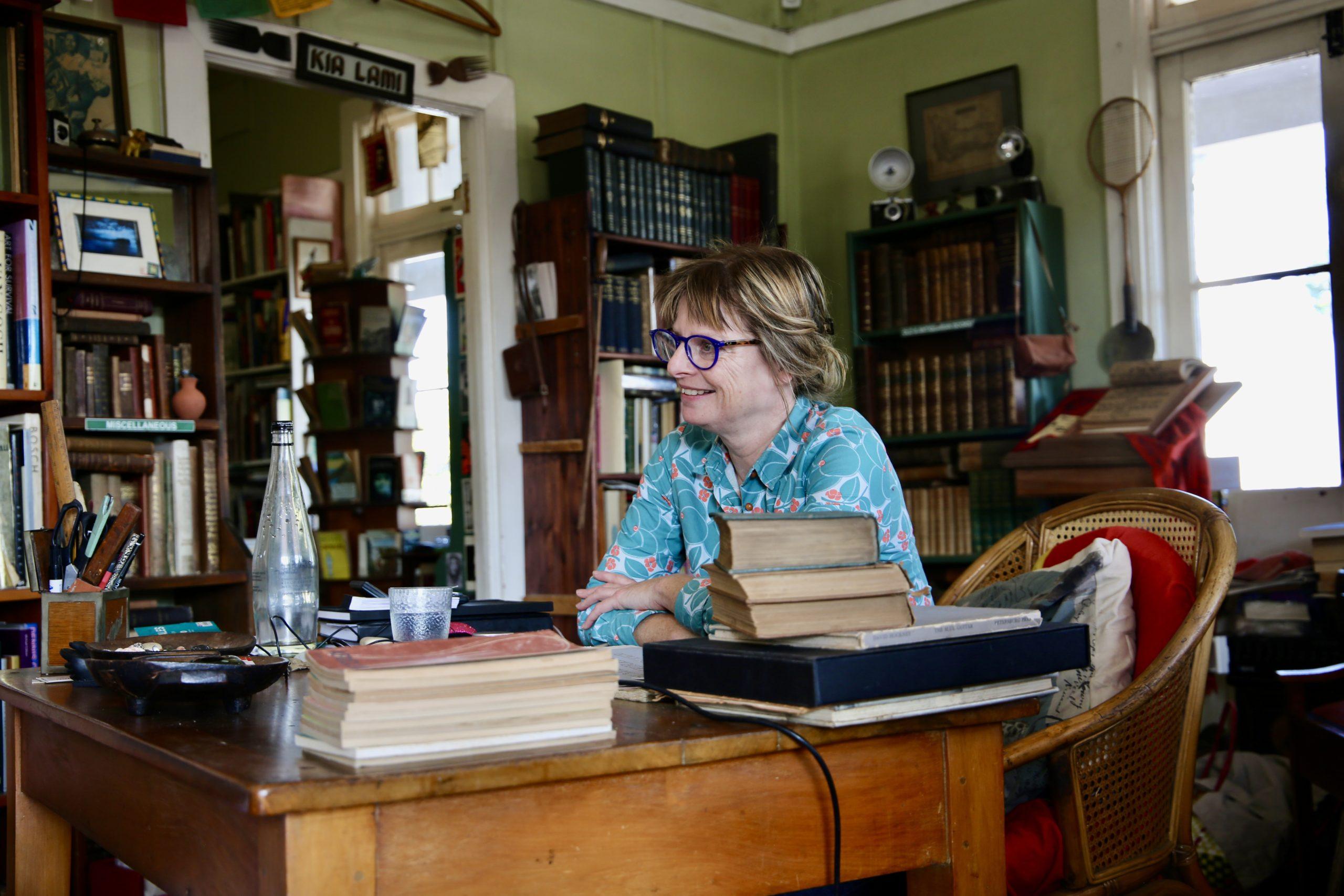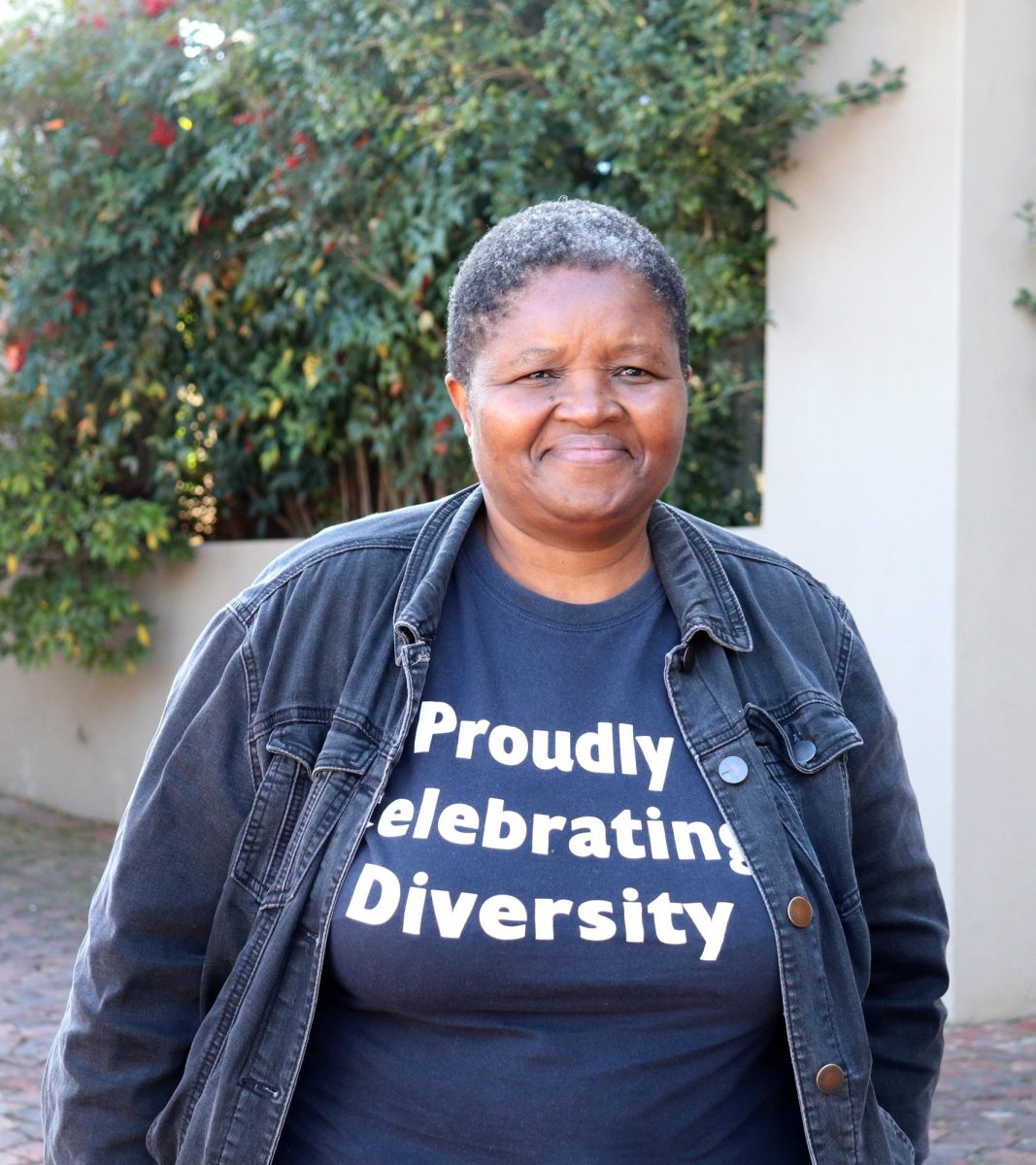Johannesburg, South Africa — At the entrance to Collector’s Treasury, a bookstore in the Braamfontein neighborhood of Johannesburg, customers are greeted with a book-lined cement staircase and that signature smell of books old and new.
The stairs lead to more floors, stuffed from floor to ceiling with more than two million books.
Collector’s Treasury, the biggest second-hand bookstore in the southern hemisphere, is home not only to books but to vinyls, glassware and other collectables. Geoff Klass has owned the store, along with his brother, Jonathon Klass, and his mother, Jenny Klass, since its opening in 1974.
But as for a lot of used bookstores in South Africa, business is complicated these days.
“There’s a new literacy here,” Klass said. “A population that previously didn’t read is starting to discover reading. But I’m not sure that the secondhand bookshops business is thriving in South Africa. Individual shops may be, but overall, I hear a lot of doom and gloom from other booksellers.”

For small, independent bookstores like Collector’s Treasury, the current challenges are two-fold: the pandemic and load shedding (scheduled rolling power outages).
“We’re at the bottom of the pile because we’re nonessential,” Klass said. “And that’s the bottom line.”
Klass said because so many people worked from home during the lockdown, Collector’s Treasury lost regular customers who would come in and shop during their lunch break.
“We’ve always been a destination bookstore rather than one of those impulse book stores where you walk past [and say], ‘let’s go in and see if we find something,’” said Klass, who added his store has had to reduce its hours since the start of the pandemic.
Load shedding is another problem. These scheduled, rolling power outages have been used in South Africa since 2008 to conserve electricity and prevent the power grid from being overloaded. Although the outages are nothing new, they are worse than they have ever been, with some parts of South Africa being left without power for more than eight hours at a time, or multiple times each day. For small business owners like Klass, load shedding impacts their ability to operate normally each day.
“Like every other small business in South Africa, we’re facing the power supply problem,” Klass said. “Some days, load shedding has cut across our route, our entire trading period of the day. And not only the load shedding but the damage that it causes to the infrastructure, which is already old here. For example, last Monday, the load shedding kick was between six o’clock and eight o’clock in the morning and at a quarter to nine, the substation that supplies the entire area collapsed from the switching on and off all the time. We were without power for two days.”
At Bookdealers of Melville, in the Johannesburg neighborhood of Melville, Doron Locketz said his shop was impacted “very badly” due to lack of sales from the pandemic. He has also had to adjust the store’s hours.
“We had to close during a hard lockdown,” Locketz said. “The shop used to trade at night until nine. We can’t do that anymore. We close at six because here in Melville, it just hasn’t got enough people at night to justify being open.”
Locketz said Bookdealers had seven locations at its peak, but now he is down to only three in the Johannesburg area. The turnover rate is still only at about 80% of what it was pre-pandemic, he said.

Nicolaas Sim, a 20-year Bookdealers customer and an avid book collector, said although the pandemic gave him more time to read, it did not increase his buying of books. Still, as a collector, he’s always on the lookout.
“There’s always books that I really want,” Sim said. “And I always have the hope that when I come in [to a bookstore], there will be the author that I missed a book or two from.”’
Despite a dip in in-store sales, Bookdealers has a steady stream of online customers, Locketz said.
“The area that has grown is our online sales, and they are nice and steadily increasing,” Locketz said. “It’s slow because we’re competing against the whole world online, but [we’re] sitting at about 11,000 or 12,000 books [listed] online, which is not bad.”
Locketz’s constant book buying also affects the stores’ sales, he said with a laugh.
“If I could only learn to sit on my hands and not try to buy all the books in Joburg, life would be a lot better,” Locketz said. “The cash flow is always negatively affected by my book habit.”
Despite the pandemic, one famous South African secondhand bookstore, Ike’s, located in the Morningside suburb of Durban, is thriving.
Joseph David “Ike” Mayet opened Ike’s Bookshop in 1988 during apartheid rule. He was the first non-white book dealer to open a shop in South Africa, according to a history of the store posted on the wall above piles of books. The original shop was located in Durban’s Overport neighborhood, in an area designated as Indian by the apartheid government under the Group Areas Act of 1950. When Mayet decide to close the shop in 2000, new owners moved it to its current location in Morningside in 2001.

Jo Rushby, the owner of Ike’s since 2012 and secretary of the Southern African Book Dealer’s Association (SABDA), said the pandemic actually benefited her bookshop by forcing her to create an online presence. A few weeks into the lockdown, Rushby created a website for Ike’s customers to buy books online.
“After June [of 2020] onwards, things just really started to pick up,” Rushby said. “I think people have been reading more in the pandemic. They suddenly discovered books again, and reading and the comfort reading gives you. We just got busier and busier, and it has grown to now where it’s just really doing so well.”
During the apartheid era, Ike’s was a place where anti-apartheid activists could gather and read banned literature in hopes that they wouldn’t be caught by the police, Rushby said.
“I think even now carrying on from [apartheid] it’s become a place where people can talk about anything,” Rushby said. “There’s no censorship. We don’t have to not stock certain books because of our feelings. It just has to be open. And I think that’s an important resource for South Africa.”
That wasn’t always the case. Klass said government censorship during apartheid impacted the books Collector’s Treasury could stock.
“Because of the censorship restrictions in this country during the apartheid period, a lot of the relevant literature never got into here,” Klass said. “It wasn’t allowed. So there were gaps in the local supply of material and that also contributed in some kind of negative way.”
Now, Klass said he sees what he calls “the return of the exiles,” anti-apartheid activists who left during the apartheid era but have since returned and are buying books about a period in which they were not in South Africa.
One of Klass’s customers is a journalist who visits the Collector’s Treasury to buy books about the role of Black women in the resistance, Klass said.
“She comes in, she buys lots of things from me because she wants to build up a library that she can finally leave or donate just on that subject,” Klass said.
At Ike’s, it is young people who increasingly make up the bookshop’s customer base. Rushby said there has been a shift in the age of readers who visit her shop. She said teens have told her that they are tired of staring at screens and that they use books as an “escapism.”
“It has been rising for the last five years, but suddenly, in the last two years, since the lockdown, that’s certainly changed,” Rushby said. “We get a lot more young people from very small to in their 30s.”
Rushby said that is one of the reasons she loves doing what she does.
“Every day I get to meet somebody new, which is wonderful, and discover what their literary obsessions are so I can help them to match those,” Rushby said.


